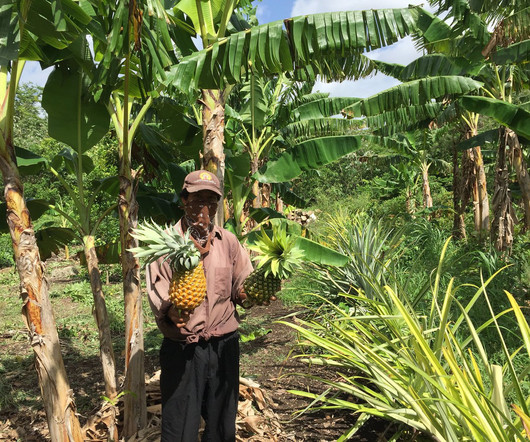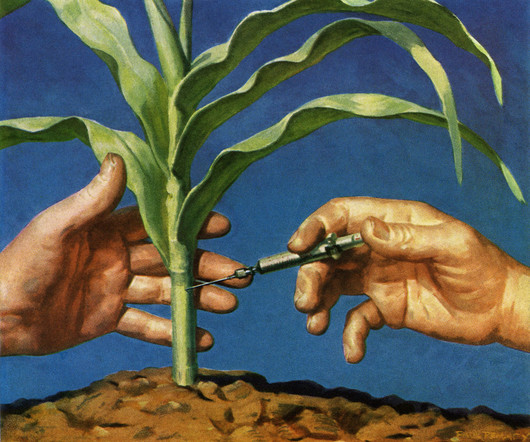Op-Ed | Why the World’s Food Systems Need to Transition Away from Industrial Agriculture
Food Tank
DECEMBER 1, 2023
Today, this model of industrial agriculture is no longer fit for purpose. We need to rethink our food systems and transition to diversified agroecological systems that can ensure we address this twin challenge, and to provide nutritious diets to a growing population without destroying the planet.











Let's personalize your content